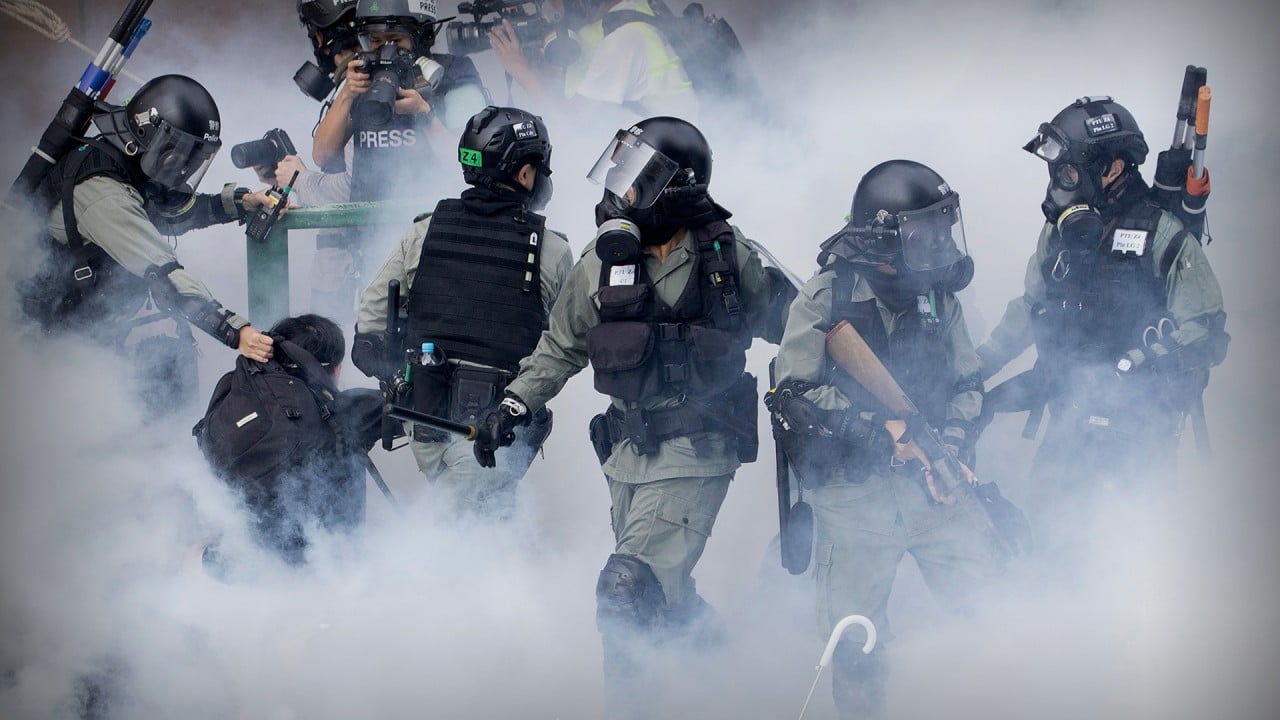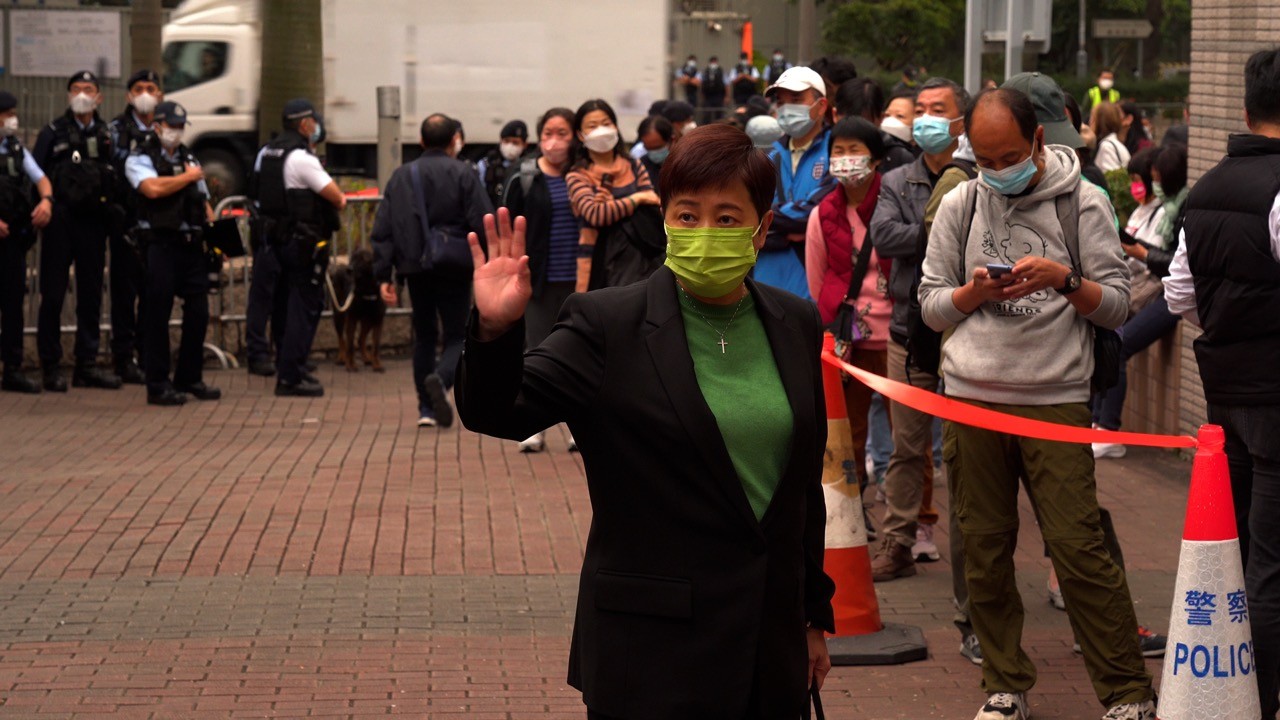
Hong Kong must stop testing Beijing’s patience and enact Article 23 national security legislation
- There will never be an ideal time but nearly 26 years after reunification with mainland China, Hong Kong must bite the bullet and repay Beijing’s trust – by enacting the remaining parts of Article 23 within the next 12 months
Such restraint was undoubtedly out of deference to the legislative intent of Article 23, which makes Hong Kong responsible for enacting national security legislation. The Standing Committee could so easily have enacted a comprehensive national security package in 2020 but it chose not to. This showed that Beijing still had faith in Hong Kong’s ability to discharge its constitutional obligations.
Although commendable, Beijing’s restraint meant some of the national security laws that Hong Kong needs still have not materialised. They include the laws necessary to prohibit sedition, treason and the theft of state secrets, as well as to prohibit foreign political organisations or bodies from conducting political activities in the city. Also lacking is the law to prohibit local political organisations from establishing ties with foreign political organisations or bodies.
Beijing has shown great faith in Hong Kong but this does not mean that further delay in implementing Article 23 is acceptable, as the national security law makes clear. It states that Hong Kong “shall complete, as early as possible, legislation for safeguarding national security as stipulated in the Basic Law of the Hong Kong Special Administrative Region and shall refine relevant laws”.
Article 23: update overdue when treason laws still refer to the queen
Although 32 months have passed since the national security law required Hong Kong to act timeously, some people are, surprisingly, still advocating yet more delay. They have recently suggested that national security legislation need not be prioritised, and that the consultation exercise can be postponed, until the time is right. By this, they presumably mean waiting until the economy has stabilised, the travel industry has revived, and the general election in Taiwan is over
There is, of course, never an ideal time to introduce national security legislation, which is inherently controversial, and there will always be one pretext or another for further delay. It is, however, time for Hong Kong to finally bite the bullet and repay Beijing’s trust.
Almost 26 years have passed since Hong Kong was handed the responsibility, and the country has waited patiently. The government’s objective, therefore, must be to complete the consultation process expeditiously and enact the outstanding parts of Article 23 within the next 12 months.
Once this is achieved, it will be harder still for anybody who wishes to destabilise Hong Kong or use it as a base for harming China. Everybody will, moreover, see that the city can be trusted to discharge its duty to protect the country from those who wish it ill.
Grenville Cross SC is a criminal justice analyst



